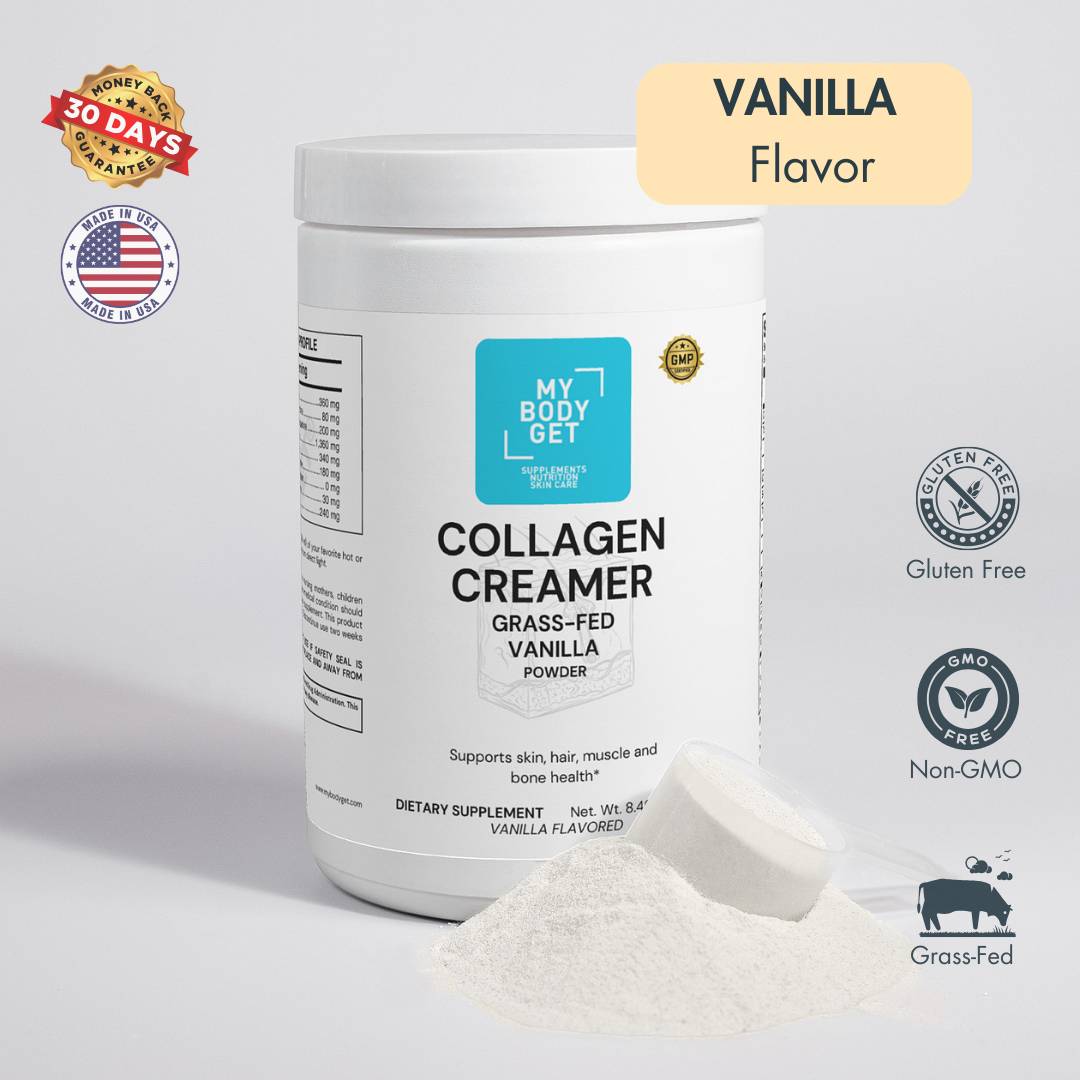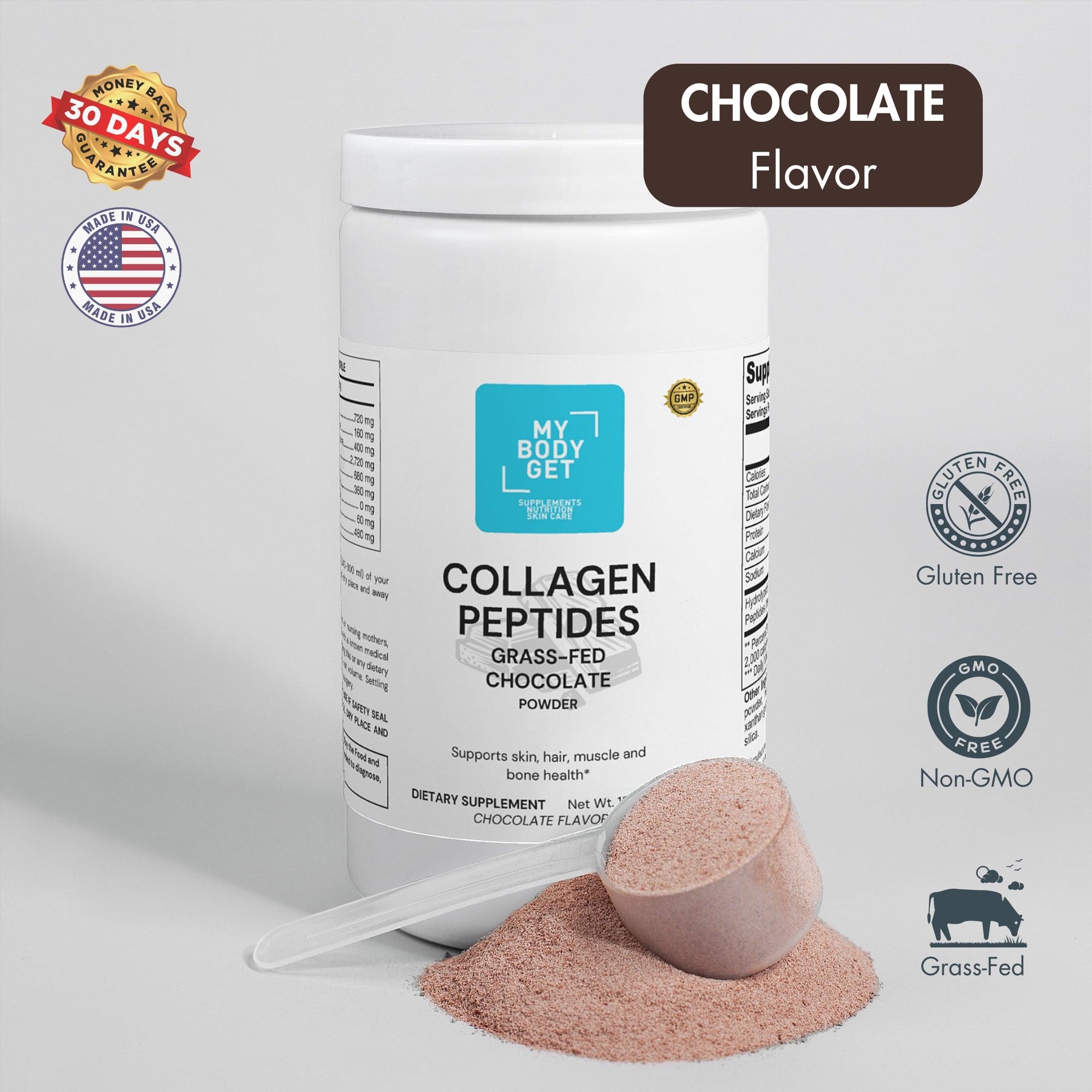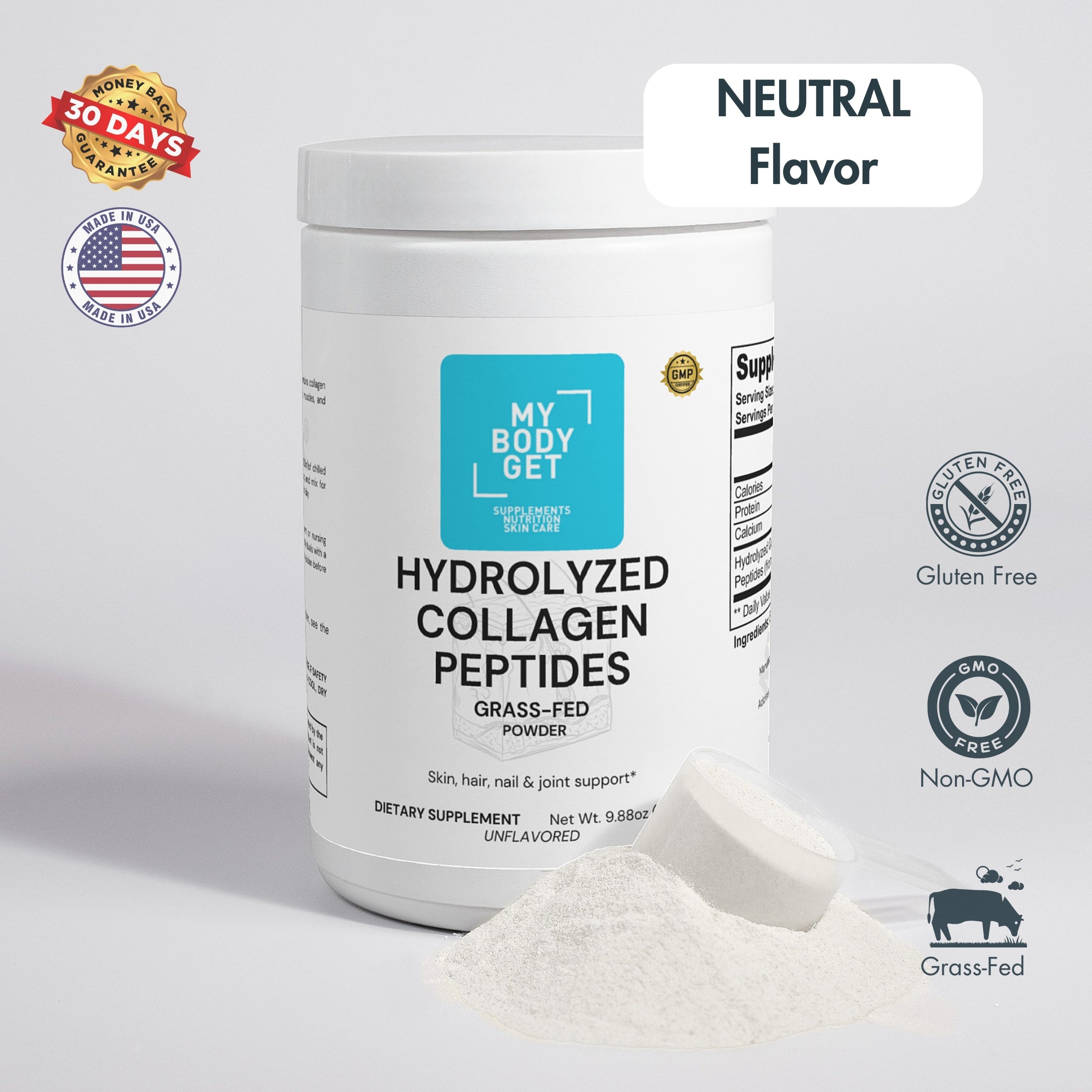In today’s fast-paced world, maintaining a balanced diet can be challenging. We’re constantly bombarded with information about the latest diets, superfoods, and health trends, yet many of us still struggle to get the essential nutrients our bodies need to function at their best. This is where the importance of nutrition comes into play and how supplements can help fill the gaps.
The Role of Nutrition in Overall Health
Nutrition is the foundation of good health. The food we eat provides our bodies with the necessary nutrients to perform a wide range of functions, from energy production and immune support to tissue repair and cognitive function. A well-balanced diet rich in vitamins, minerals, protein, fats, and carbohydrates ensures that our body systems work harmoniously together.
Key aspects of nutrition include:
- Energy Production: Carbohydrates, proteins, and fats provide the energy our bodies need to perform daily activities, from walking to thinking.
- Growth and Repair: Proteins are essential for the growth and repair of tissues, making them crucial for everyone from growing children to athletes recovering from intense workouts.
- Immune Support: Vitamins and minerals, such as vitamin C, vitamin D, and zinc, are vital for maintaining a strong immune system, helping to protect against illness and infection.
- Cognitive Function: Omega-3 fatty acids and B vitamins play a significant role in brain health, supporting memory, concentration, and overall cognitive function.
Despite the clear benefits of proper nutrition, many people face challenges in achieving a balanced diet. Busy lifestyles, dietary restrictions, and the availability of processed foods often result in nutrient deficiencies. This is where supplements come in.
How Supplements Can Bridge the Nutritional Gap
Supplements are designed to provide the nutrients that may be missing from your diet, helping to ensure your body gets what it needs to function optimally. While they should not replace whole foods, supplements can be a valuable addition to your daily routine, especially when certain nutrients are difficult to obtain through diet alone.
Here’s how supplements can help:
-
Filling Nutritional Gaps: Even with a healthy diet, it can be challenging to get all the nutrients your body needs. For example, many people have difficulty getting enough vitamin D, especially those who live in areas with limited sunlight. A vitamin D supplement can help maintain healthy bones and support the immune system.
-
Supporting Specific Health Goals: Whether you’re looking to improve your skin health, boost your immune system, or enhance athletic performance, supplements can provide targeted support. For instance, collagen supplements can help maintain skin elasticity, while protein powders can aid in muscle recovery after exercise.
-
Convenience and Accessibility: For individuals with dietary restrictions or preferences, such as vegetarians or vegans, supplements can provide essential nutrients that might be lacking in their diets, such as vitamin B12 or iron. They offer a convenient way to ensure your body gets the nutrients it needs, without having to completely overhaul your diet.
-
Improving Overall Well-Being: By ensuring your body receives all the necessary nutrients, supplements can contribute to overall well-being, helping you feel more energized, focused, and balanced. This can improve your quality of life and enable you to engage more fully in the activities you love.
Making the Right Choices
It’s important to remember that not all supplements are created equal. When choosing supplements, look for products that are backed by research, made from high-quality ingredients, and produced by reputable manufacturers. Consulting with a healthcare professional or nutritionist can also help you identify which supplements are most beneficial for your specific needs.
While supplements can play a key role in supporting your health, they should complement a balanced diet and healthy lifestyle. Whole foods provide a complex matrix of nutrients that work synergistically to promote health, and they should always be the foundation of your nutrition plan.
Conclusion
Good nutrition is essential for maintaining overall health and well-being. While a balanced diet is the best way to obtain the nutrients your body needs, supplements can help fill in the gaps, ensuring you receive the support necessary to thrive. Whether you’re looking to boost your energy, improve your immune function, or enhance your athletic performance, the right supplements can make a significant difference.
By incorporating supplements into your daily routine, you can take proactive steps towards achieving optimal health and well-being. Remember, your journey to better health starts with the choices you make today, and the power of nutrition combined with the right supplements can help you reach your health goals.







Leave a comment
This site is protected by hCaptcha and the hCaptcha Privacy Policy and Terms of Service apply.